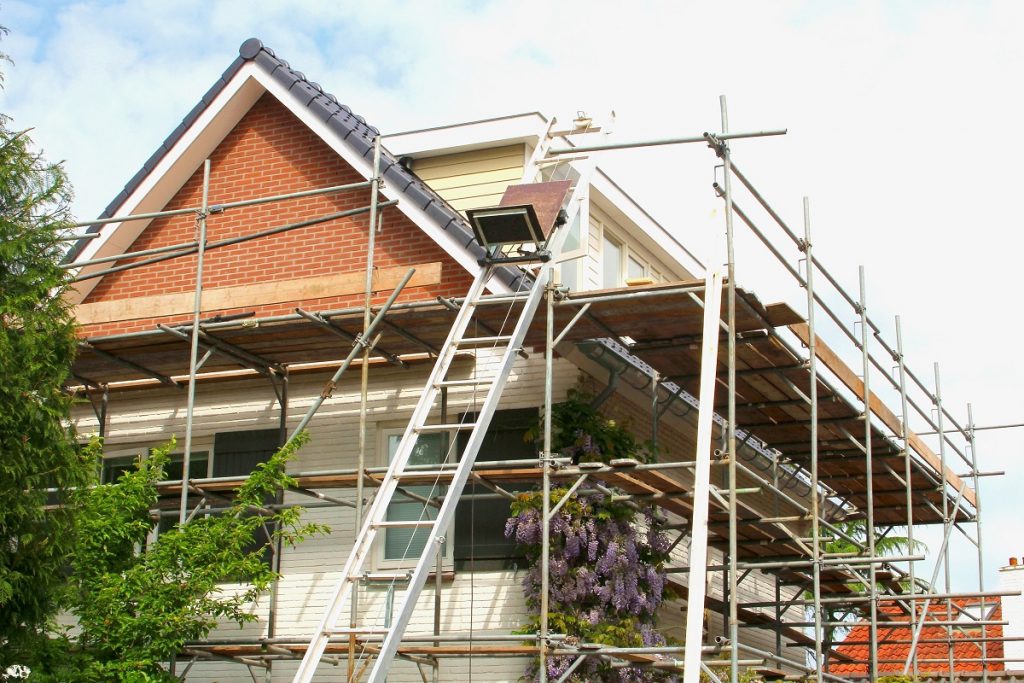It’s a situation that several people have encountered: You look for homes in your desired neighborhoods, then see a property you like. It’s newly renovated and is accessible to various facilities.
The only problem? It’s not within your budget. The house that’s within your price range and the desired location is run-down. It could use more than fresh paint to make it look new.
While others compromise by looking for other homes, others take the chance with the fixer-upper and give it a facelift.
The Benefits of Buying a Fixer-Upper Home
Although reality shows like “Fixer Upper” don’t depict the realistic situation of buying a fixer-upper, they do an excellent job of focusing on the benefits.
The main reason why several homeowners are attracted to fixer-uppers is because of the low selling price. With newly built homes costing an average of $246,000, properties in need of repair cost lower. Finding a big house that you can afford in a neighborhood you want is a catch.
Competition for fixer-uppers is also smaller compared to new homes. A few people can’t commit time and energy to renovate a fixer-upper, leading to a smaller market, a more extensive selection of homes, and more leeway for negotiating with the seller.
Fixer-uppers also give you complete control of how you want your home to look. You can customize the wall colors, appliances, countertop, and flooring. With larger renovation projects, you can redesign the floor plan and layout to suit your lifestyle better.
If you’re handy with a drill and hammer, you can renovate the place yourself. Otherwise, you can hire professional contracts and designers to do the job for you.
Questions You Need to Ask Before Buying a Fixer-upper
Before you say yes to a fixer-upper, think about these factors:
 #1: Cost
#1: Cost
A fixer-upper can be affordable at first, but renovating it could be expensive. You need to prepare to go over budget because remodeling the house might go out of control.
Renovating a fixer-upper also means that your cost of homeownership will go up. Aside from the maintenance of upkeep, you also have to worry about real estate taxes.
Designers recommend creating a fixed budget first before deciding to buy a fixer-upper. If you can’t afford to renovate the entire property within the year, start with the must-haves like the bathroom, kitchen, and bedrooms.
Consider financing options that can help you minimize the costs of buying and renovating. Some mortgages offer zero down payment and minimum credit score requirements.
#2: Time and Convenience
Depending on the extent of renovations, the project could take months to a year. Unexpected circumstances could delay the project, and you might not be able to move in until the entire work is complete. Would you have somewhere else to stay until the project is finished? Can you juggle paying for two homes?
If you find homes within your desired location to be expensive, consider getting a fixer-upper. However, be prepared for the challenges that come with creating a home you want. If you’ve managed to prepare, research, and keep a cool head during the renovation, the result can be worthwhile.

